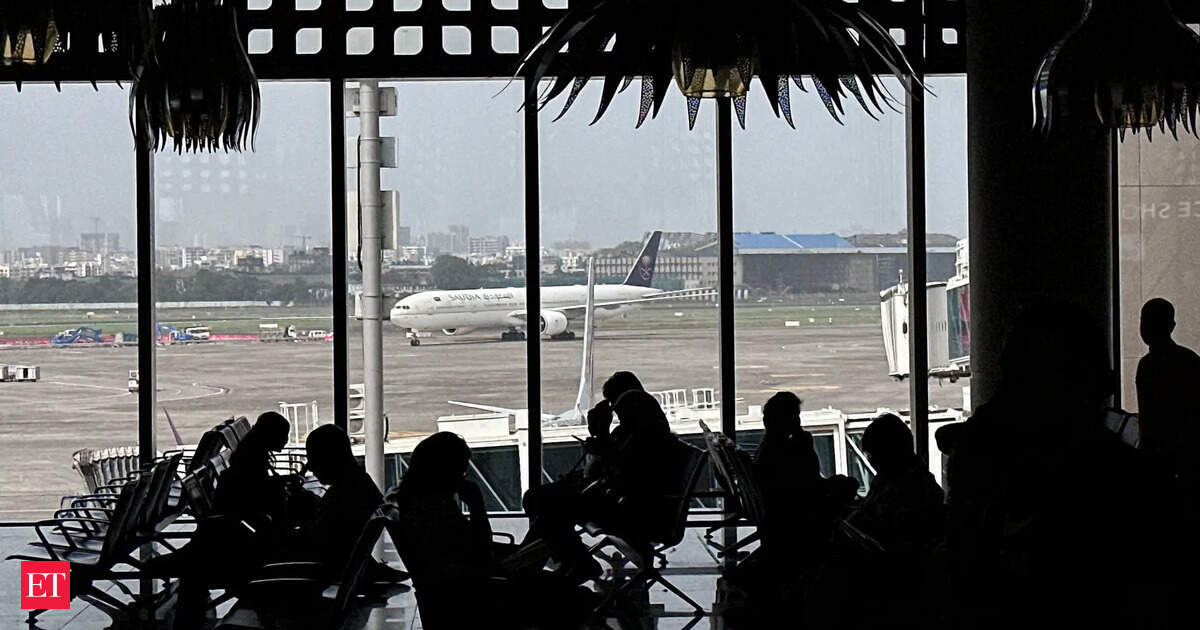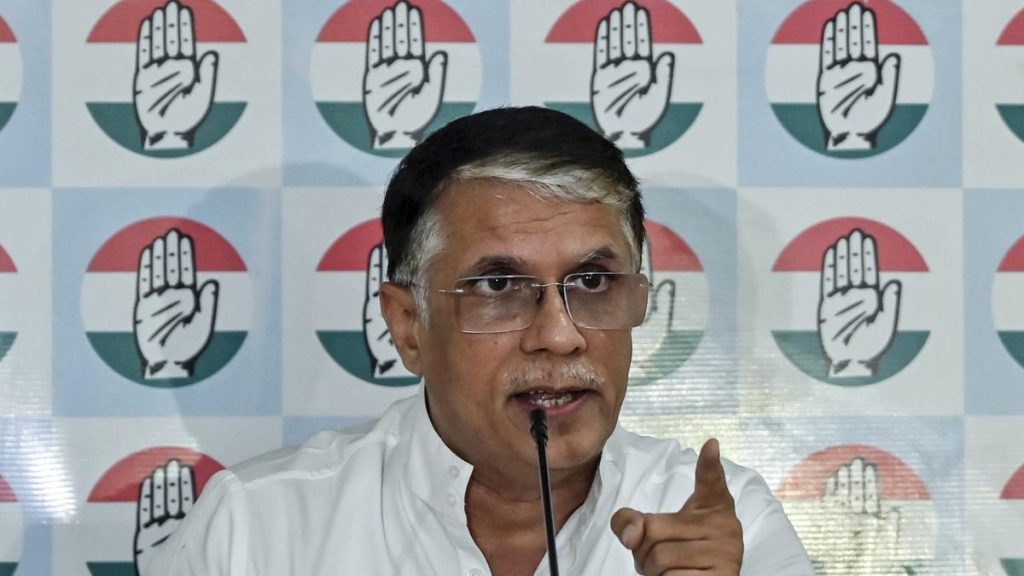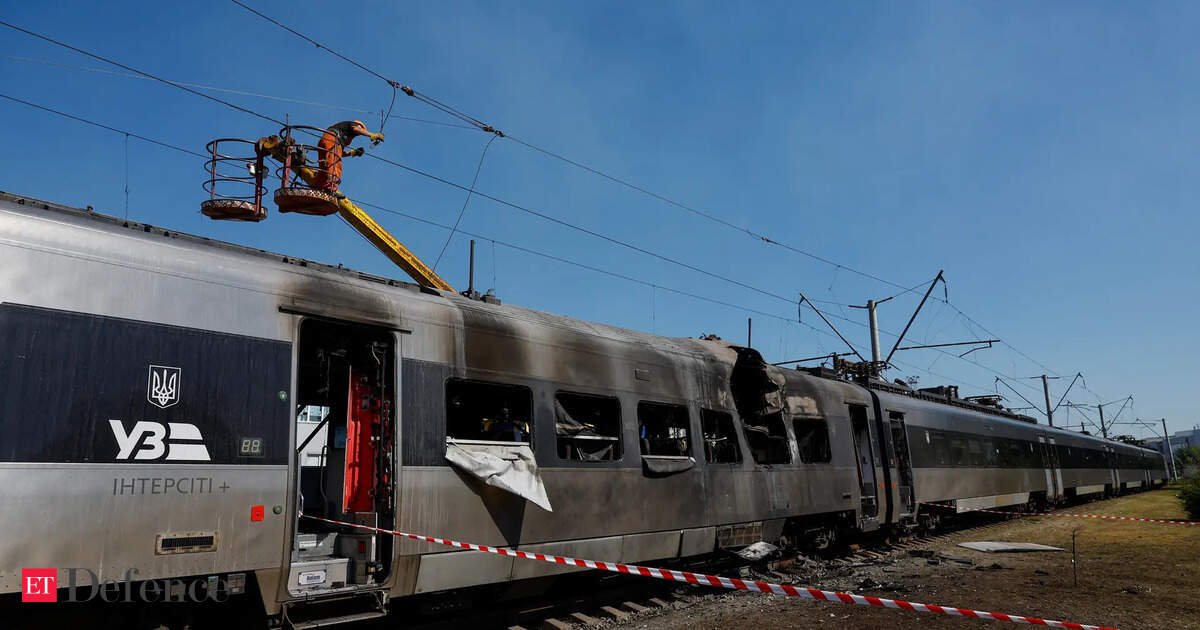Now Reading: Airport Fees Tied to Passenger Service Standards
-
01
Airport Fees Tied to Passenger Service Standards
Airport Fees Tied to Passenger Service Standards

Quick summary
- India plans to link airport tariffs to service standards to enhance the passenger experience, according to a consultation paper by the Airports Economic Regulatory Authority of India (AERA).
- AERA proposes embedding service quality benchmarks into tariff regulations, monitored monthly. Tariffs would include financial incentives for exceeding benchmarks and penalties for non-compliance.
- Objective benchmarks cover measurable factors like security wait times, baggage delivery speed, trolley availability, and seating capacity; subjective benchmarks address cleanliness and terminal ambience.
- India’s airports often function as natural monopolies with limited competition, leading to passenger complaints about poor services despite rising user charges.
- Earlier this year, a parliamentary standing committee criticized “arbitrary tariffs” charged by airport operators and demanded justification for amenities provided through collected revenues.
- Leading private operator-run airports like Delhi, Mumbai, and Bengaluru are contractually required to meet global standards under government oversight but have been consistently rated higher than international counterparts in service quality metrics.
Indian Opinion Analysis
The decision by AERA to tie airport tariffs directly to service-quality metrics marks a pragmatic approach towards addressing long-standing passenger grievances over inconsistent services at major Indian airports. By setting objective measurements alongside subjective assessments such as cleanliness or ambience evaluation-and linking them financially-this reform creates accountability for operators while incentivizing improvements without heavy-handed regulation.
Given India’s reliance on single-entry hubs that operate under near-monopoly conditions in many cities-accentuated by criticism over arbitrary fees from users-it offers a structured way forward both for raising operational efficiency and justifying costs borne by passengers.Monitoring outcomes of this framework will be critical since it represents an attempt at balancing profitability with public interest in an economically vital sector where seamless customer experience supports broader infrastructure goals.


























